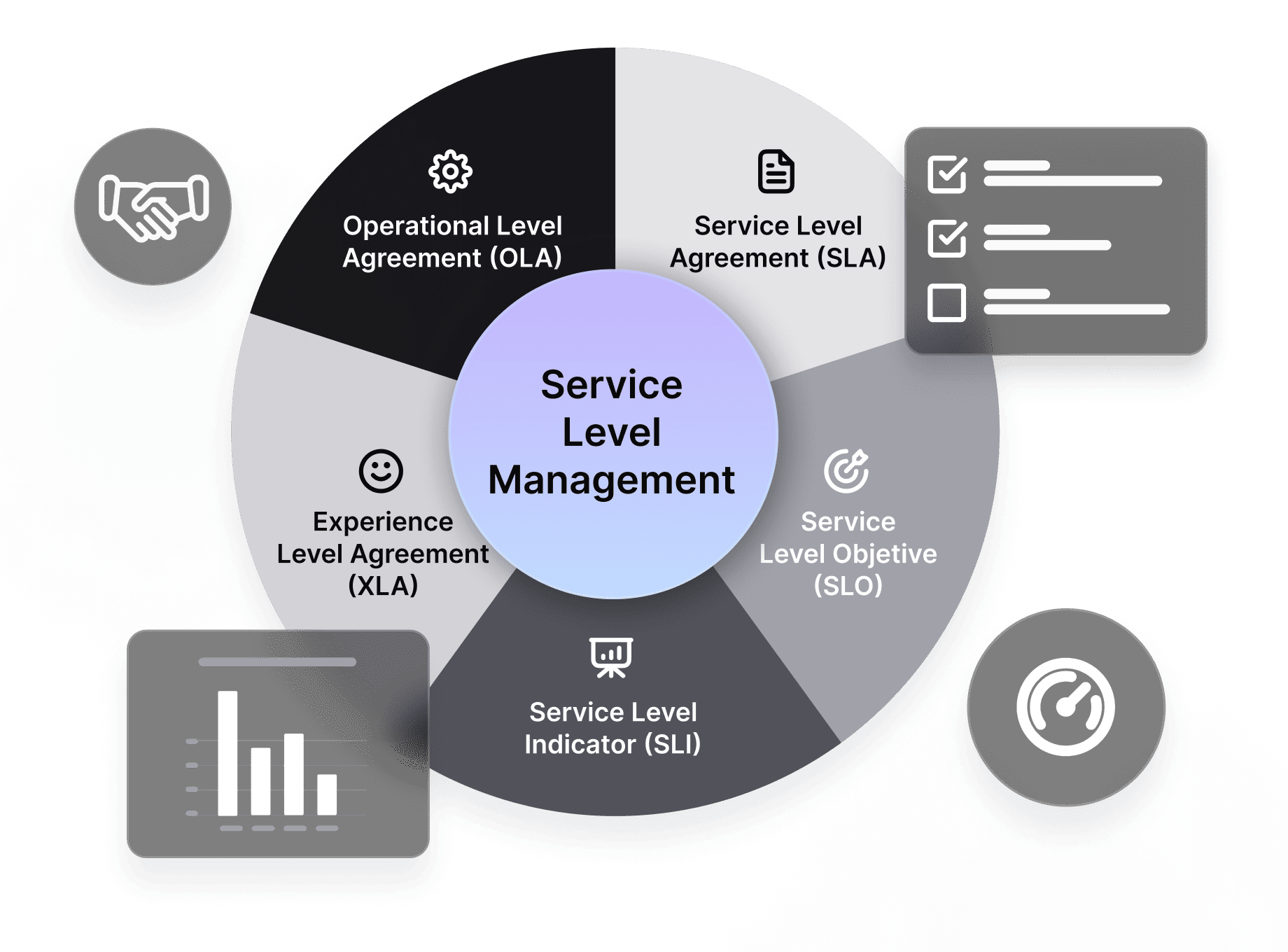This short article is a submission by Managed Services Partners. Managed Services Partners is an outsourcing company with over 6 years of experience assisting services enhance operations and drive development.
Embarking on the outsourcing journey is an undertaking that many businesses carry out to enhance efficiencies, minimize expenses, and utilize specialized skill.
However, together with these prospective advantages come a host of legal and compliance intricacies that should be carefully browsed to guarantee the success and sustainability of contracting out initiatives.
This thorough guide will check out key legal and compliance considerations, with a focus on information personal privacy laws, non-disclosure arrangements (NDAs), non-compete clauses, and the critical function of versatility in today's vibrant company environment.
The contracting out landscape
Outsourcing is more than a strategy for offloading non-core tasks; it is a transformative technique that can boost a company's versatility and competitiveness.
Whether it's IT services, client support, making processes, or personnels, contracting out can offer a considerable edge. Companies that successfully outsource can concentrate on core service operations, drive innovation, and gain access to leading talent without the overhead costs of full-time employment.
However, this journey is not without its legal and compliance obstacles. Companies must bear in mind the complexities surrounding the transfer and management of information, the defense of copyright (IP), and the maintenance of regulative compliance.
Given the worldwide nature of outsourcing, organizations need to likewise think about cross-border legal ramifications, which might differ substantially depending on the nation where the outsourcing provider runs.

Understanding these aspects is essential in ensuring that outsourcing partnerships line up with a company's strategic objectives while mitigating prospective legal threats.

Oftentimes, businesses that disregard legal and compliance factors to consider face costly disputes, loss of sensitive information, or reputational damage that can take years to recuperate from.
Importance of legal considerations

Outsourcing naturally includes legal considerations that are important to securing a company's interests. At the leading edge is the requirement to secure sensitive details. Companies should understand and follow information personal privacy laws that govern the jurisdictions in which they operate.
This is especially crucial as data breaches can lead to serious punitive damages and reputational damage.
Furthermore, intellectual property rights need to be plainly specified in outsourcing agreements to prevent unauthorized usage or misappropriation of proprietary assets. If these rights are not appropriately established, a service might lose control over important innovations or private organization procedures.
For companies operating in highly regulated industries such as health care, financing, or legal services, compliance requirements are much more stringent.
Complying with policies such as the General Data Protection Regulation (GDPR) in Europe or the Health Insurance Portability and Accountability Act (HIPAA) in the United States is important to preventing legal complications.
Non-Disclosure Agreements (NDAs) and non-compete stipulations
When outsourcing, companies frequently share proprietary details with external service suppliers.
To safeguard this important information, NDAs are utilized. These arrangements are designed to avoid the unauthorized dissemination of secret information, thereby securing the company's competitive benefit.
NDAs should be detailed and lawfully binding, plainly describing what constitutes private information and the responsibilities of both parties in dealing with delicate information. Businesses should also guarantee that their NDAs consist of arrangements for legal option in case of breaches.
Similarly, non-compete stipulations can be consisted of to prevent company from making use of sensitive knowledge gotten throughout the outsourcing collaboration to benefit a rival. This is especially crucial when contracting out freelancers or firms that may have multiple clients in the exact same industry.
However, the enforceability of non-compete clauses can differ substantially depending on the jurisdiction. Some areas have stringent guidelines restricting the scope and period of such provisions.
Therefore, it's vital for business to consult legal specialists with experience in the relevant legal structures to prepare efficient arrangements.
Contracts: Setting the foundation

Contracts work as the blueprint for the contracting out partnership, specifying functions, responsibilities, deliverables, and timelines. They likewise outline the legal and compliance expectations for both celebrations.
A well-structured contract should deal with a number of crucial elements:
Scope of work: Clear and comprehensive descriptions of the services to be provided, consisting of quality requirements and performance metrics.
Data security: Specific provisions related to data security, data transfer procedures, and breach alert procedures to make sure adherence to personal privacy laws.
Intellectual Property rights: Provisions that develop ownership of IP developed during the collaboration, and terms that protect pre-existing IP.
Termination clauses: Terms that deal with the possible end of the outsourcing relationship, including notice durations and conditions under which termination can occur without penalty.
Additionally, services need to think about executing service-level arrangements (SLAs) to ensure responsibility and performance tracking. SLAs specify measurable standards that the outsourcing company must fulfill, providing businesses with option if expectations are not satisfied.
Engaging with provider
Consulting with prospective company during the early stages of the contracting out journey is a strategic relocation. This engagement permits companies to determine the supplier's ability to fulfill legal and compliance requirements.
Thorough vetting processes, such as asking for references, reviewing previous projects, and examining compliance certifications, can offer valuable insights into the service provider's dependability and adherence to industry requirements.
Businesses need to likewise evaluate the monetary stability of possible contracting out partners.
A company that faces monetary challenges might not have the ability to maintain operations long-term, presenting a threat to ongoing tasks. Conducting due diligence in advance can avoid future disruptions.
The function of adaptability in legal and compliance strategies
Adaptability is a vital element of effective outsourcing, particularly when it concerns navigating evolving legal landscapes. Regulations and market conditions can alter quickly, making it important for companies to remain agile.
Building versatility into agreements and developing procedures for continuous compliance monitoring can help organizations adapt to new legal requirements and preserve an one-upmanship.
For circumstances, if a company is contracting out customer support operations to numerous nations, they must guarantee compliance with numerous nationwide laws regarding consumer protection and data personal privacy.
Regularly updating policies and contracts in reaction to legislative modifications can prevent legal mistakes.
Real-world considerations and finest practices
To guarantee legal and compliance success in outsourcing, organizations must embrace the following finest practices:
Regular audits and evaluations
Conduct routine audits and assessments to ensure that service providers remain certified with legal and regulatory requirements. This proactive technique can assist recognize prospective spaces before they intensify into considerable issues.
Training and awareness
Educate employees and outsourced groups on data defense practices and legal commitments. This guarantees that everybody involved in the outsourcing journey understands the value of compliance and the role they play in protecting details.
Collaboration and interaction
Foster a collective relationship with provider. Open lines of communication can help resolve compliance issues quickly and help with joint problem-solving efforts.
Crisis management preparation
Have contingency plans in location in case of security breaches, agreement conflicts, or service provider failures. A well-structured crisis management plan makes sure that businesses can quickly react to challenges without substantial interruptions.
Legal compliance for contracting out success
Understanding the legal and compliance aspects of outsourcing is necessary for companies seeking to take advantage of external abilities while protecting their interests. By concentrating on essential locations such as data personal privacy, NDAs, non-compete stipulations, intellectual residential or commercial property rights, and flexibility, companies can efficiently browse the outsourcing landscape.
Successful outsourcing hinges on a collective method in between the company and its provider. Building trust and preserving transparent communication can result in reliable problem-solving and a shared commitment to compliance.




